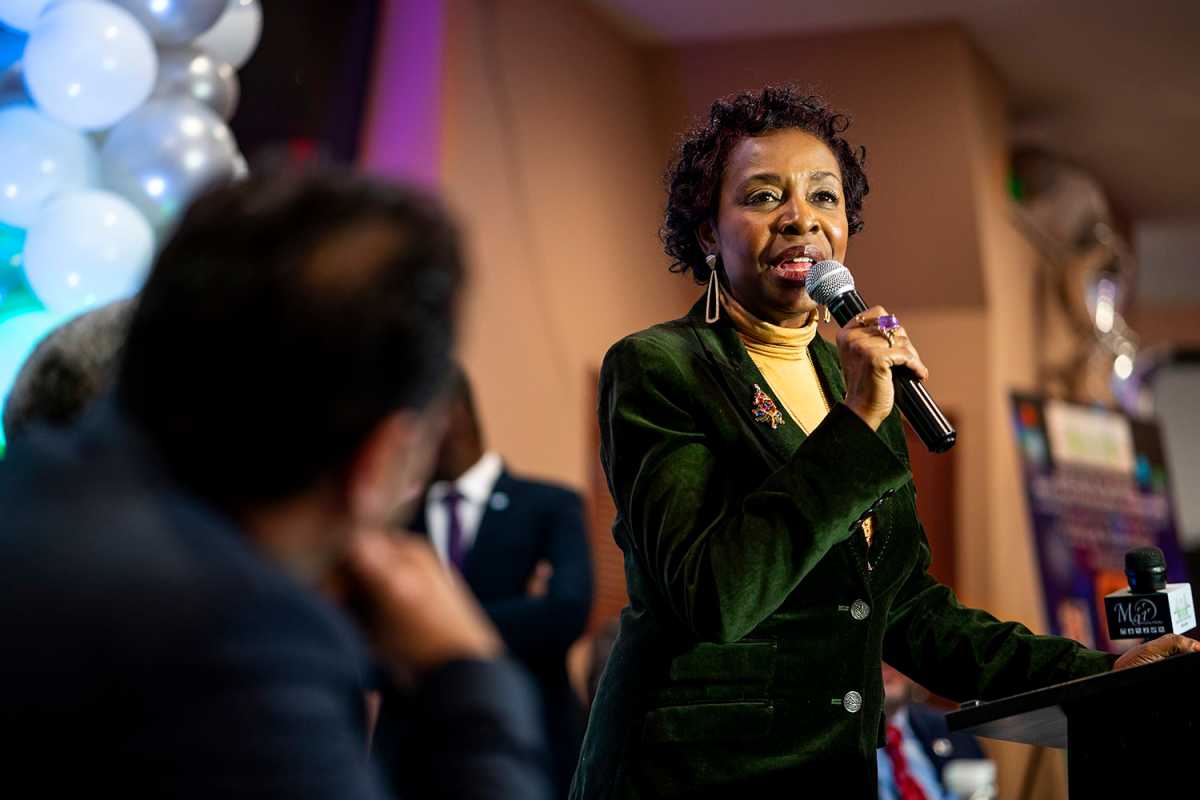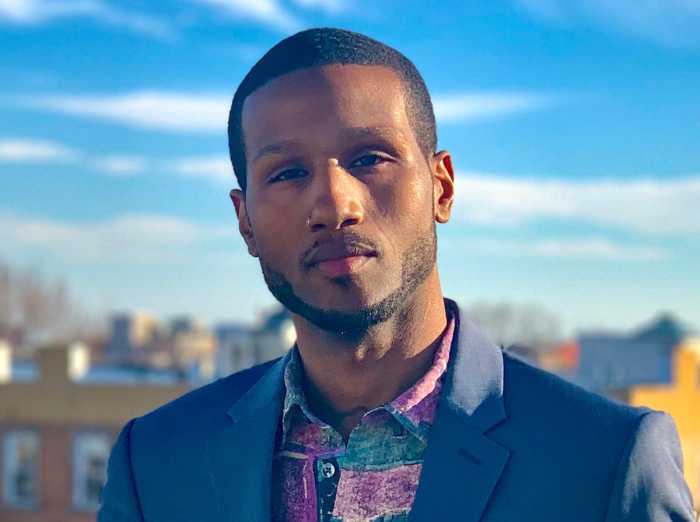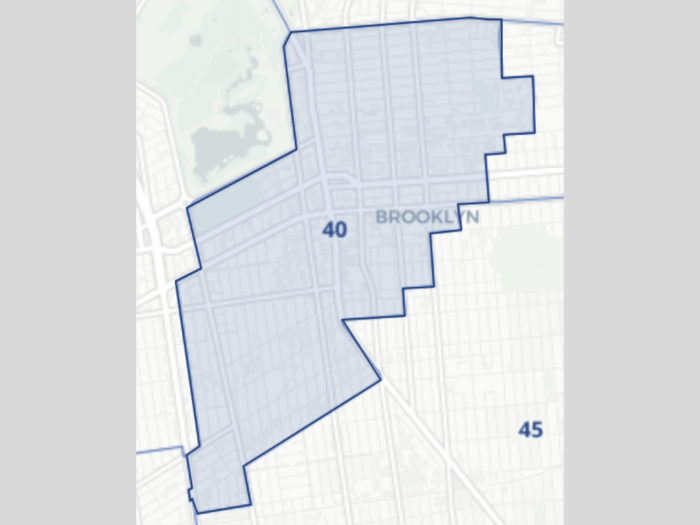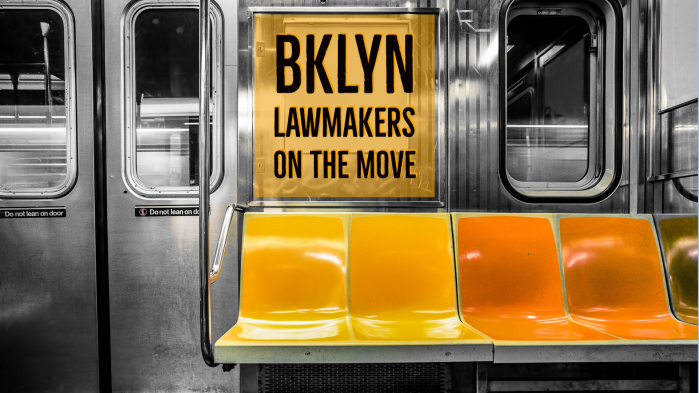Editor’s Note: This story is by Nelson A. King and first appeared on Caribbean Life.
As Americans in February celebrate Black History Month, Democratic U.S Rep Yvette D. Clarke (D-Central Brooklyn) on Wednesday introduced a resolution the U.S House of Representatives calling for the exoneration of Jamaica’s first national hero and human rights activist, Marcus Mosiah Garvey.
Clarke is the daughter of Jamaican immigrants, and represents the largely Caribbean 9th Congressional District. She highlighted Garvey’s accomplishments, identifying him as a champion for the liberation of people of African descent.
The resolution also calls to newly-elected President Joe Biden to exonerate Garvey.

“Marcus Garvey is an iconic figure and champion for the liberation of people of African descent worldwide,” Clarke said. “As an inspirational teacher, he became the critical link in the fight for Black freedom and justice due to his vast accomplishments as an advocate for human rights.
“I call for the President to exonerate Mr. Garvey on the grounds that the case against him was politically motivated, unsubstantiated, and unjust,” she added.
Garvey was a Jamaican-born Black nationalist and leader of the Pan-Africanism movement, which sought to unify and connect people of African descent worldwide.
In the U.S, he was a noted civil rights activist who founded the Negro World newspaper, a shipping company called Black Star Line, and the Universal Negro Improvement Association.
Because of his outspoken activism and Black nationalism, Clarke said Garvey became a target of J. Edgar Hoover at the Bureau of Investigation (BOI), a precursor to the FBI.
The BOI began investigating Garvey on unfounded charges of mail fraud. Hoover, referred to Garvey as a “notorious negro agitator,” even hired the first Black FBI agent in 1919 to spy on Garvey.
In January 2017, Clarke, who had taken the lead, with 17 other members of the U.S House of Representatives, in calling on then outgoing President Barack Obama to posthumously pardon Garvey, had expressed disappointment with Obama’s non-action.
On his last day in office, Obama granted commutation of sentence to 330 individuals, with Garvey not included. Garvey was convicted for mail fraud in the U.S in 1923.
“While the exoneration and/or pardon of the Right Excellent Marcus Mosiah Garvey remains elusive, unresolved and unfinished business, we must continue our education and organizing efforts in the pursuit justice for the legendary icon,” Clarke told Caribbean Life then.
She said it was important that “we build upon the efforts waged over the years, most recently in pursuit of a presidential pardon, and that we continue to maintain and elevate the integrity of” Garvey’s contributions to American history.
“His is a case of unjustified persecution that continues to cry out for justice,” said Clarke, stating that Garvey was “widely viewed as the Father of the 20th Century Civil Rights Movement.”
“His leadership and intellectual contributions inspired the movements for independence in Africa and the Caribbean,” Clarke said. “However, it was the establishment of the UNIA [United Negro Improvement Association] here in the United States and its affiliates throughout African Diaspora nations that drew the ire of the FBI under J. Edgar Hoover, and that ultimately led to the frivolous charges, prosecution and persecution against him.”
Clarke said it was “all in an attempt to displace” Garvey “from the positive role he played in advancing the civil and human rights in American history.”
In their letter to Obama, the 17 congressional representatives noted that Garvey, who was born in St. Ann’s Bay, Jamaica, had “inspired generations of leaders, from the Rev. Dr. Martin Luther King, Jr. to South African President Nelson Mandela.
“His efforts to organize the African Diaspora across nations in support of freedom and self-determination were critical to the movements for independence in Africa and the Caribbean and to the Civil Rights Movement here in the United States,” the letter states.
Despite that legacy, the Members of Congress lamented that Garvey “has never been fully exonerated from racially-motivated charges of mail fraud.”
“Recognizing that prosecutors and the government mishandled the case, President Calvin Coolidge commuted the sentence at the earliest possible opportunity,” the letter says.
The congressional representatives’ call came on the heels of a similar one, issued in November 2017, by Vice Chancellor of the University of the West Indies (UWI), Professor Sir Hilary Beckles.
“Marcus Garvey was the victim of trumped-up charges orchestrated by the late J. Edgar Hoover, the famously anti-Black director of the US’s Federal Bureau of Investigation,” said Sir Hilary in a statement, calling on Obama, “himself the victim of racist campaigns to de-legitimize his presidency, to exonerate Garvey before he leaves office.”
A global petition campaign demanding that Garvey’s US federal record be expunged had generated tens of thousands of signatures.
The campaign was supported, among others, by the Jamaica Government, the Caribbean Reparations Commission, the New York-based Institute of the Black World 21st Century and by members of the Congressional Black Caucus in the U.S House of Representatives.
A letter circulated by the Jamaica Embassy in the U.S in September 2016 had noted to members of the Caribbean Diaspora that “there have been several efforts over the years” seeking Garvey’s exoneration.”
The letter states that the petition was also led by the Garvey family, spearheaded by New York surgeon Dr. Julius Garvey, son of the late Jamaican national hero, aimed at securing 100,000 signatures.










